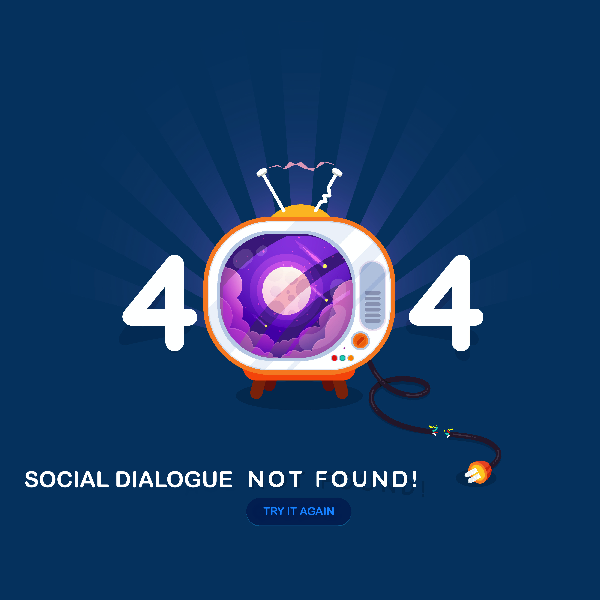

SEEING and witnessing the chronology of fake 'dialogue' at the EPO soon helps one understand why fewer EPO examiners/respondents trust António Campinos than trusted Benoît Battistelli at analogous points in time.
In the January meeting of the President with SUEPO it was foreseen to meet again after the Working Groups on the Financial Measures and the Salary Adjustment Procedure had finished to discuss their conclusions providing a possibility to achieve agreement on these matters before its presentation to the Budget and Finance Committee in May.
SUEPO reminded the President in early May on this meeting regarding the urgent need for further discussions and progress on the above and other matters raised by SUEPO.
The President replied only as late as early June envisaging a meeting ahead of the Council. Furthermore, he did not refer to the meanwhile known Analysis of the Financial Study by E&Y proofing that the Office is not facing any financial gap, thus, there being no need for eroding the salaries and pensions as presented to the BFC in May.
With our letter of 10 June we urged the President to enter into a discussion on the substance of the matter with the aim of reaching a solution appropriate under current circumstances and which is acceptable to staff.
Now its only about one week to the Council on 30 June/ 1 July and the invitation has only just been received for Friday ahead of the Council. This describes perfectly the interest in social dialogue. However, SUEPO reiterated its offer by letter for genuine discussions in particular on the Financial Measures and the Salary Adjustment Procedure + Add.1 in view of the E&Y analysis.
On basically all other matters at stake (Career system, Rules for Strike, MoU) we informed the President that our position remains as stated in previous meetings to follow the EU model. It is very difficult to communicate and explain to staff why they are being treated so differently – and poorly – in comparison with staff in other EU agencies. We are not second class staff and do not deserve being confronted with the poorest career system and now with the poorest salary adjustment system in International Organisations.
19 June 2020 su20031cl – 0.3.1
Mr António Campinos President of the EPO
ISAR- R.1081
Meeting SUEPO/PresidentM
Dear Mr Campinos,
Thank you for your reply regarding the arrangements for our next “SUEPO/President” meeting. Unfortunately, the originally envisaged timing of (by the latest) mid-May has long passed: the next meeting was intentionally scheduled ahead of the BFC so that we could discuss in particular the financial bundle and the linked SAP. This failure to meet in good time only adds to our perception that any and all discussions in the (albeit numerous) WGs on the financial measures and on the SAP have never been a meaningful attempt to try and find a mutually agreed compromise solution for the proposed changes.
As you know, the SR have questioned from the very beginning the underlying assumptions used in both the Financial Study 2019 (CA/46/19) and consequently in the Financial Study 2019 Phase II-Measures Assessment (CA/83/19). Our concerns regarding these assumptions, although raised repeatedly in the WGs, have never been considered.
A recent independent analysis of your Financial Study performed by Ernst & Young only confirmed our concerns. Yet the reaction of the Office was not to reconsider the assumptions used in the study, but rather to declare the analysis as unprofessional.
Our earlier letter su20030cl specifically refers to this E&Y review and urges you to enter into discussions with us on the substance of the matter with the aim of reaching a solution which is genuinely appropriate under current circumstances and which is acceptable to both your administration and the staff.
The proposed “SUEPO/President” meeting ahead of the June Council would seem to be the last opportunity to meaningfully (re-)start these discussions before the financial bundle and the SAP are presented to the Council for decision. We hope you can agree to meet with us and we look forward to your invitation in this regard.
We can only observe that the progress – if any - in improving the social dialogue has been very slow on all fronts. Our position in nearly all matters (Career system, Rules for Strike, MoU) is to follow the EU model. It is very difficult to communicate and explain to staff why they are being treated so differently – and poorly – in comparison with staff in other EU agencies.
Genuine social dialogue should be our shared goal: only by working together will this lead to agreements that should foster social peace and prevent further litigation.
Yours sincerely,
Joachim Michels Chairman of SUEPO Central